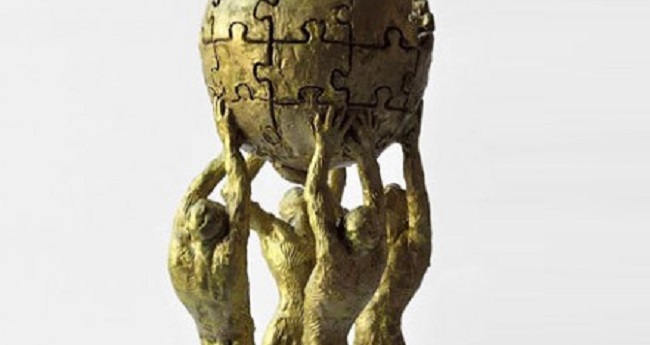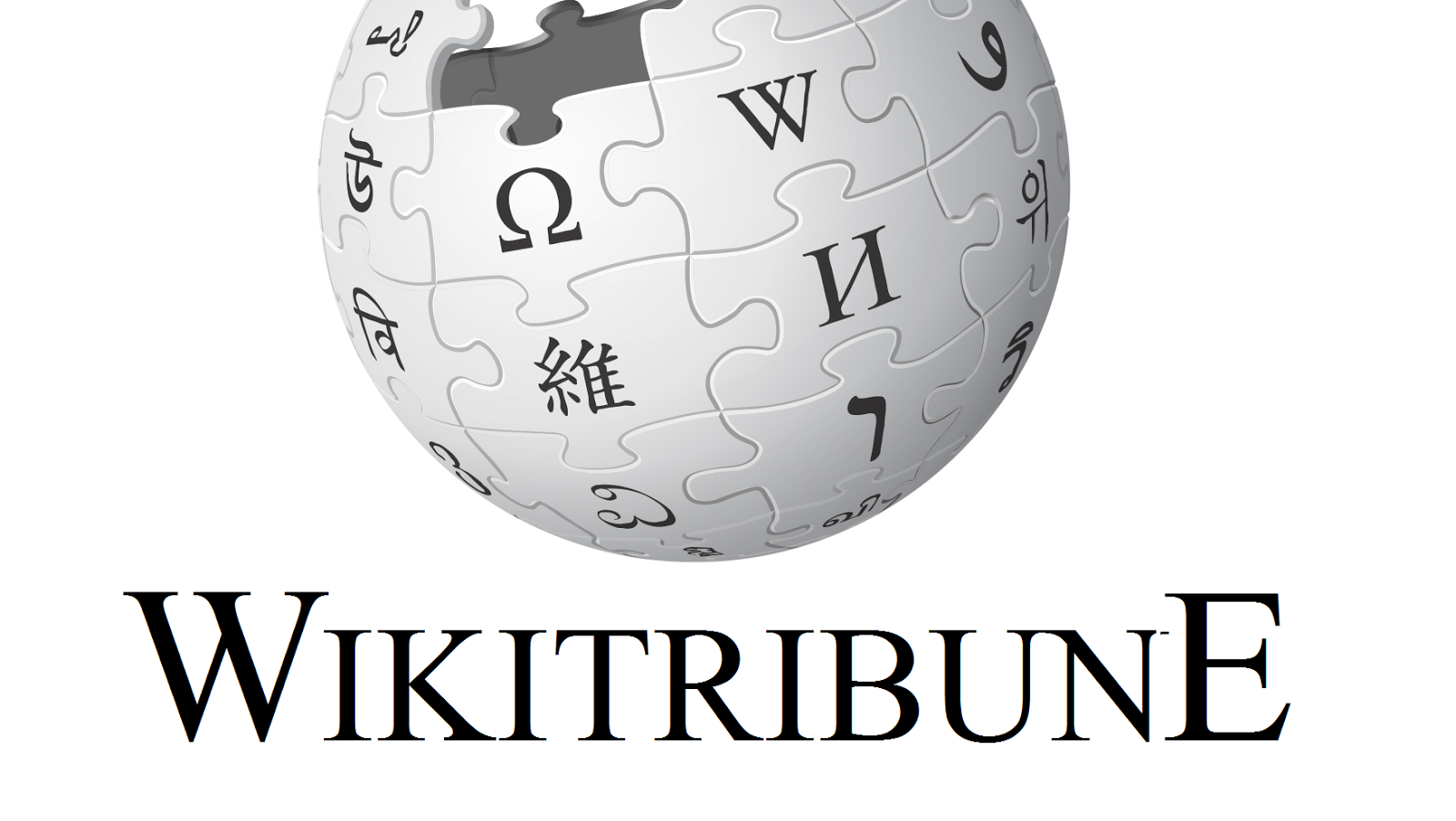Monopolization of community-based information networks by cartels of a few “super editors” among several risks that could lead to a diminished Wikipedia
Wikipedia’s quality benefits from high levels of free participation, but volunteer information databases like Wikipedia can be negatively effected by tendencies toward information monopolization, and, according to a recent study, this negative effect is more prevalent in more frequently edited articles — articles that could be considered to be more important.
In the study, researchers at the Korea Advanced Institute of Science and Technology and the Korea Institute for Advanced Study looked at how editors interact with each other as well as how they interact with articles, and integrated previously-ignored factors such as the consideration of real time — not just the number of edits used in previous studies to mark time.
Among the team’s findings: infrequently-referred articles grow faster than frequently-referred ones. Not only that, but articles that attracted a high motivation to edit actually reduced the number of participants. Yun and his colleagues inferred that this type of Wikipedia article participation decay results in inequality among community editors. The trend will become more severe as time goes on, they suspected:
“For the previous decade, many of these open-editing access movements have significantly affected the entire

society,” Jinhyuk Yun, a Ph.D. candidate at the Complex Systems and Statistical Physics Lab at the Korea Advanced Institute of Science and Technology in Daejeon, South Korea, told us.
“Wikipedia, Creative Commons Licenses, GNU, etc. To sustain such movements, they must maintain their motivations for participants, which might be taken away by monopolization.”
Yun explained how communal information databases like Wikipedia slow down.
“There are various reasons to participate in such ‘open-editing’ movements. Some are collective reasons shared in a society, and others are somewhat personal. Because the motivation is diverse, slowing down is also due to various causes. First, there can be a loss of necessity to contribute due to changes in society — or technology. Some GNU software based on old platforms no longer continue because the number of users of such software is getting smaller. In addition, there can be new barriers caused by governmental regulations — not about such communal databases, but considering the case of UBER. One particular candidate we discussed in the paper is the monopolization by few ‘super-editors.'”
Yun also commented on how we can consider the health of such community databases?
“It is very hard to quantify the ‘health’ of such database because of the ambiguity in the definition of health. In my point of view, the databases should meet the standard of accuracy and instantaneity. In other words, it should keep the trend, but it should not lose its accuracy in the contents. Although these databases are mainly based on the contribution of anonymous sources, it should also have reliable references to cross-check.”
However, data monopolization is not a black and white issue, Yun noted.
“To be honest, monopolization sometimes does good in particular occasions,” Yun told us, “yet it has many risks in most cases. Consider political issues in authoritarian governments, where media controlled by the government sometimes manipulates people’s opinions by a simple nudge or filtering. Such manipulation can also happen in Wikipedia — for example, by cartels of super-editors.”
Yun offered some possible remedies for content monopolization on Wikipedia:
“Based on our observations, Wikipedia could consider a reward program to recruit new editors. Simple achievement reward programs — like those in video games — at an early stage might be helpful, yet it should be done under strict supervision to avoid vandals. For instance, giving merit to editors who supply new reliable references might help to keep the quality of articles.”
The report, “Intellectual interchanges in the history of massive online open-editing encyclopedia, Wikipedia” was completed by J. Yun, S. H. Lee, and H. Jeong.
By Andy Stern

